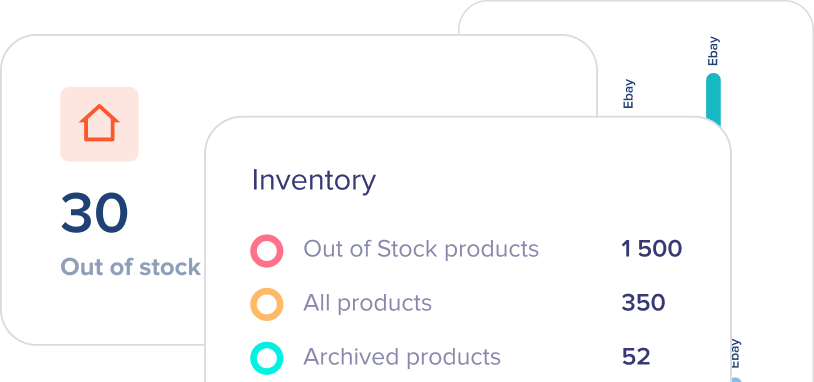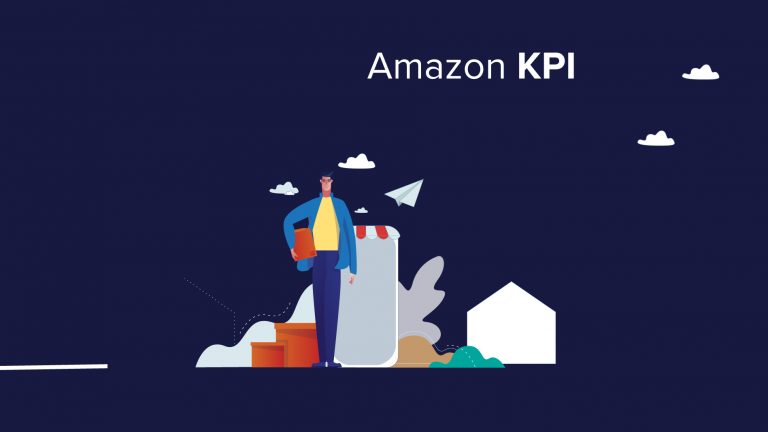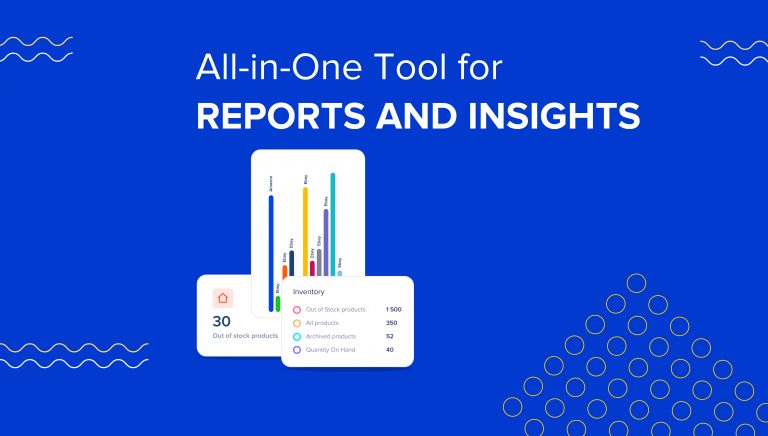If you have been at a gym, you probably noticed protein jars at a local store. Most of the time, those supplements are not under the ownership of the gym. Workout and nutrition supplement brands consider that their customers are also gym members. So, to make products accessible to clients, they cooperate with gyms to present goods in their stores. However, the product placement does not always require inventory purchase from a supplier. Gym pays back only when a final buyer makes a purchase. That is the nature of the consignment system.

What are consignment and consigned inventory?
As defined by Law Insider, consigned inventory is the stock of any borrower (retailer) in possession of another person (supplier) on a consignment, sale or return, or other bases that do not constitute a final sale and acceptance of such inventory.
A wholesaler or a supplier is a consignor during consignment selling and buying, and a retailer is a consignee. The leftover stock returns to vendors.
The consignment model is beneficial for retailers that have to deal with uncertainty regarding customer behaviors and demands. This model usually works with luxury and seasonal products.
Advantages of consignment for retailers
- The main advantage of selling under the consignment model is the reduced risk of inventory. When a final seller or other supply chain parties, such as manufacturers, buy inventory on consignment, they have insurance against deadstock, unnecessarily high levels of stock, etc.
- If a retailer fails to sell the stock, it can return to the supplier. So, they will not have to deal with the inventory holding costs and other associated risks.
- Selling under the consignment model is not only low-risk but also low-cost. A retailer does not have to invest in purchasing inventory upfront.
- Retail stores can also benefit from increasing their product variety and selection. A more extensive selection of products may attract buyers of different preferences and expand the customer base.
Disadvantages of consignment for retailers
- Retailers have to deal with carrying costs associated with the inventory, such as security, storage, placement, etc. Those investments can turn to be unprofitable if the stock occupies space and does not get sold.
- Retailers must ensure a separate management system for consignment inventory apart from their regular stock because those have different risks, requirements, and responsibilities.
- Generally, when giving the stock under the consignment model, suppliers and retailers sign insurance documents to ensure security and responsibility for the inventory. In case of theft or damage, retailers have to cover financial risks. For example, it can be very risky and costly when selling luxury jewelry.
- Retailers might be required to invest in a separate stock management software because many systems do not provide the necessary tools and separation for consignment inventory.
Advantages of consignment for suppliers
- The primary benefit for suppliers is that they do not need to rent a store and hire sellers and store managers to run the store and sell their products. Third-party-owned stores and platforms will perform that part of the supply chain.
- Product owners will also highly benefit from getting their products presented to a large audience and new customers. Selling in popular retail stores will increase brand awareness.
- Running a physical store can be a considerable expense for many small producers. So, they might choose to operate in eCommerce only. However, many potential buyers prefer to sense a product before making a purchase physically.
- Sometimes, being presented in popular retail stores is an indicator of quality. So, it will immediately bring reputation to the brand.
- Operating under a consignment model will also make brand owners carefully review selling trends, and better estimate customer wants and needs.
- There is a chance of building long-term relationships with retailers or manufacturers, which can benefit each individual.
Disadvantages of consignment for suppliers
- The most negative side of the consignment model for suppliers is that they do not get paid until the retailer sells to a final customer. So, in case if the sale never happens, the stock will be returned or perished.
- As the concept of consignment suggests, unsold inventory should return to a supplier. So, after that point, the supplier has to find new sales channels for unsold stock, or if not, it has to carry the financial loss of deadstock.
- When giving their inventory to third-party sellers, suppliers put trust in them. The final sale of a product is in the hands of a retailer. What if a seller is careless of getting actual sales? Or what if they are having closer relationships with your competitors and aim to sell their products? In case if the goods are perishable, the vendor will financially suffer from the loss.
How to make consignment sales beneficial for both parties?
Build trustful and mutually profitable relationships.
The fundamental requirement for benefiting from selling on consignment is an honest and trusting partnership between a supplier and a seller. They can achieve the most success when working together to improve and optimize supply chain management and processes.
Create a mutually favorable contract.
Carefully and transparently outline responsibilities and rewards of both parties, the duration of the inventory holding period, shipment conditions, the complete selling price list, actions in case of damages and thefts of inventory, etc.
A thorough and specific contract will assure a transparent partnership, which will help to reduce possible arguments and disagreements in the future.

Both parties entering into consignment sales must assure that the cooperation is trustworthy because there is a considerable risk and reliance invested in the partnership. A good relationship and transparent collaboration will be profitable for both sides.







